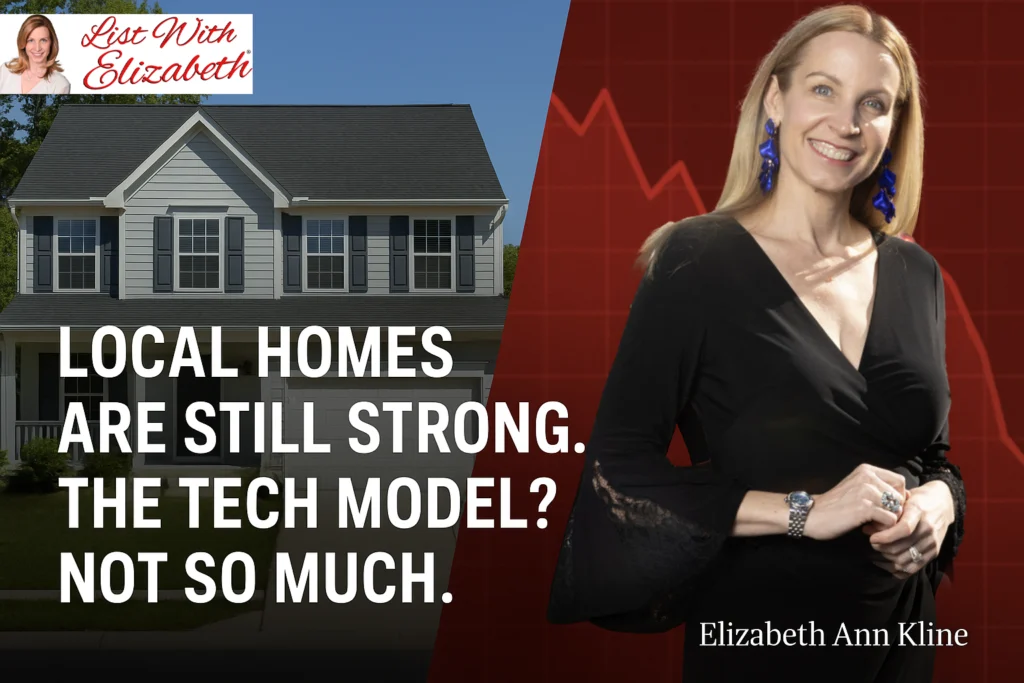Opendoor’s Delisting Warning: What It Means for Sellers and the Future of iBuying
By Elizabeth Ann Kline – Samson Properties, Springfield & Burke, VA
Opendoor, once a rising star of the iBuying revolution, is now on the verge of being dropped from the NASDAQ. In a recent SEC filing, the company revealed it had received a warning after its stock remained below $1 for 30 straight trading days. As of May 30, shares were hovering around $0.65.
This isn’t a fluke. It’s part of a bigger story — one that should matter to anyone thinking about buying or selling a home.
What’s happening with Opendoor?
Opendoor was built on the idea that selling a home could be fast, easy, and mostly automated. Instead of staging your home, listing it, and waiting for a buyer, you could sell directly to Opendoor for a fair cash offer, with fewer headaches and tighter timelines. It sounded great — and during the ultra-hot pandemic market, it worked.
But real estate is local, seasonal, and human. No algorithm could fully account for the sudden market shift we saw starting in 2022. Rising interest rates, inflation, and inventory crunches hit fast — and hard. Opendoor posted a $1.4 billion loss that year. Now, despite some attempts to regain footing through partnerships and new leadership, the company’s future is uncertain.
What does this mean for you?
If you’re thinking of selling your home in Northern Virginia — particularly in Springfield, Burke, or Fairfax County — this headline may seem distant. But here’s why it matters:
-
iBuying isn’t going away entirely, but the “easy button” it promised may be fading fast. Sellers should expect fewer instant-offer options and more traditional paths to maximize value.
-
Local knowledge is irreplaceable. Algorithms can’t walk your block, understand school zones like Orange Hunt Elementary or West Springfield High, or know which homes fly off the market versus sit stale. That takes experience — the kind a top-producing local agent brings to the table.
-
Investors are watching. When major players like Opendoor struggle, it signals caution to others. Expect more scrutiny on home pricing and tighter competition among buyers and sellers.
What comes next?
Opendoor has 180 days to get its stock back above $1 or face delisting. It might pull off a rebound or execute a reverse stock split like Offerpad did. But either way, the broader trend is clear: Big tech can’t replace boots-on-the-ground agents who understand the nuances of each neighborhood.
For sellers and buyers in our area, this reinforces what I tell every client — real estate is personal, local, and strategic. There’s no shortcut to top dollar, but there is a smart path forward. And I’m here to walk it with you.



Leave a Reply